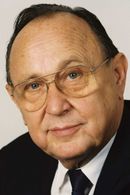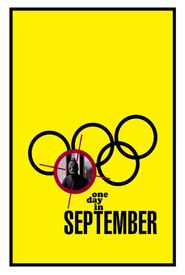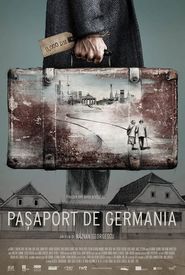Hans-Dietrich Genscher was born in Reideburg, Germany, to Kurt Genscher, a lawyer, and Hilde Kreimein, a farmer's daughter. He grew up in Halle, where his family moved in 1933. Genscher was drafted into the Second World War in 1943 as an anti-aircraft assistant and later served in the Reich Labor Service and military service.
After the war, Genscher struggled to make ends meet as an unskilled worker, but eventually obtained his high school diploma in 1946. He then studied law in Halle and Leipzig, and began working as a court trainee in Halle in 1949.
Genscher's political career began in 1946 when he joined the Liberal Democratic Party. He later joined the FDP in 1952 and became involved with the local Young Democrats. In 1956, he dedicated himself to politics full-time and worked in Bonn for the FDP parliamentary group.
Genscher served as the managing director of the FDP parliamentary group from 1959 to 1965 and held the office of federal manager of his party from 1962 to 1964. He entered the Bundestag for the first time in 1965 and served as his party's parliamentary manager until 1969.
Genscher was a key figure in the social-liberal coalition government of Willy Brandt, serving as the head of the Interior Ministry from 1969 to 1974. He was then put in charge of the Foreign Ministry by Chancellor Helmut Schmidt, a position he held from 1974 to 1982.
During his 18 years as foreign minister, Genscher developed a continuous East-West dialogue and advocated for the further development of the EC as a precursor to European unification. He also supported the reform process in the USSR and played a key role in the events leading to German reunification.
Genscher resigned as foreign minister in 1992 and became the honorary chairman of the FDP. He continued to be involved in politics and served as an honorary professor of political science at the Free University of Berlin from 1994 to 1995.
Genscher has received several awards for his services to German and European unity, including the "Radio Rainbow Award" in 2005 and the Marion Dönhoff Prize in 2014. He died on March 31, 2016, at the age of 90.




















